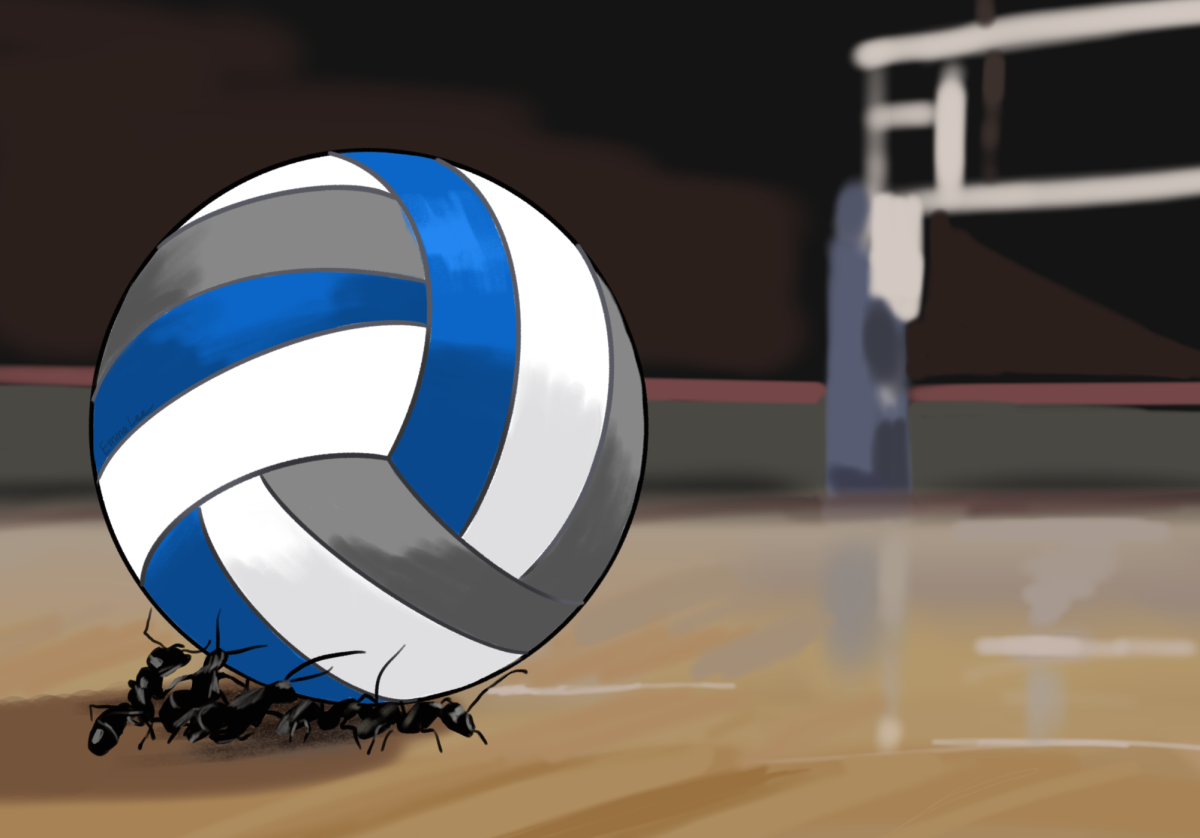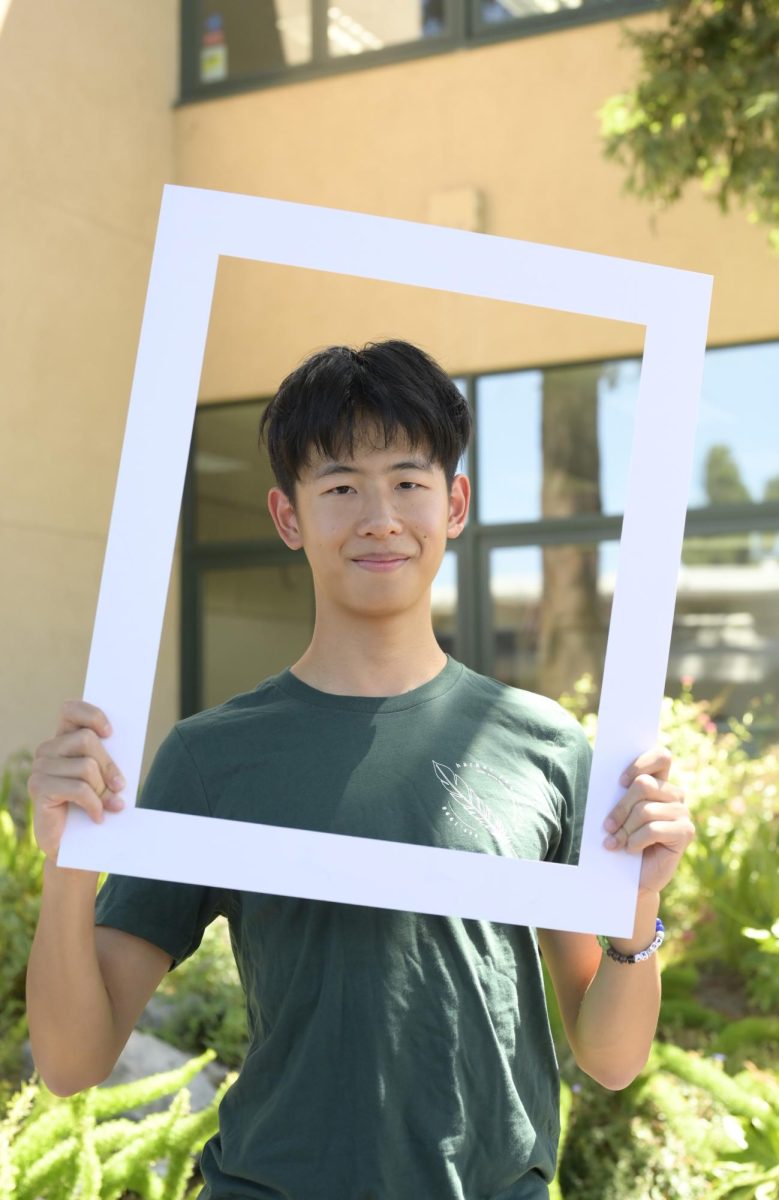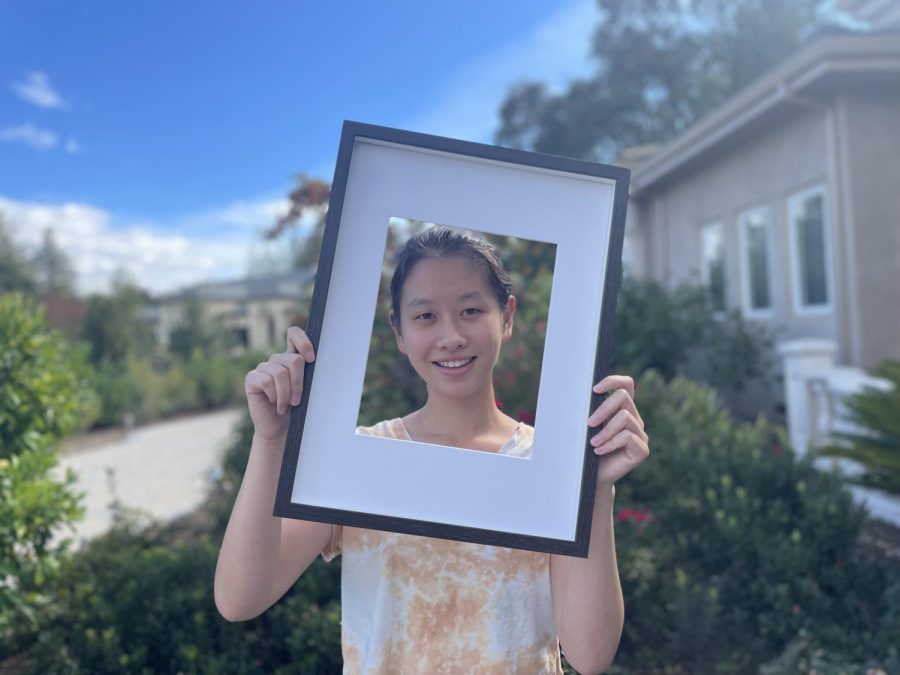
Freshman year, I found my role model—not in a historical figure or celebrity, but in a senior, the president of a club I had joined. She was the exact kind of person I strived to be: confident, effortlessly charismatic, always smiling, a leader who radiated energy. That was my first exposure to leadership, and I wanted to emulate exactly that.
One late night, my phone buzzed with a flood of messages.
“CONGRATS!” Confused, I opened my computer in a frenzy. There it was, my full name bright and bolded under the subject line: “New Club Officers.” I stared at the screen, rereading my name over and over, smiling from ear to ear. I’d never held a leadership position before, but I told myself I already knew what to do: just be like that senior.
So, I painted that picture. In every circumstance, I kept my energy high and maintained a positive outlook, even if that meant sacrificing my honest opinions. I thought I was doing everything right, maintaining the stereotype of an enthusiastic leader. Even when I felt overwhelmed — drowning in sophomore year, extracurriculars and the club’s responsibilities—I never let it show. How could I? I had spent an entire year pretending to have everything under control. How could I ask for help when I had built a version of myself that never needed it?
In my attempt to be the “perfect” leader, I had cut myself off from what makes leadership effective: authenticity.
The more I forced enthusiasm, the less motivated I became, feeling disconnected from the people I was supposed to lead. I hesitated to bring up new ideas, afraid of making mistakes.
When May rolled around, I walked around with a pit in my stomach. Officer applications for the club had closed. Even though I no longer felt joy in my role, I reapplied, desperate to convince myself I had lived up to what a leader should be. My mind flashed back to that moment a year ago—the thrill of seeing “Ashley Mo” in the leadership email. Now, I stared at the new list, my name nowhere to be found. It was my first real loss in high school, and at the time it felt like the worst moment of my life.
Stepping away from that position allowed me to realize where I had gone wrong. A genuine leader isn’t someone who is constantly enthusiastic, but rather someone who acknowledges authenticity, which inspires meaningful interactions.
As I moved into junior year, I found myself drawn to a different type of leadership. Despite also being positive, the leaders in those groups allowed for spaces for mistakes and vulnerability. Their enthusiasm wasn’t solely surface level: they also had enthusiasm for the challenges of each process.
I’ve come to realize that leaders who are relentlessly positive sometimes end up creating an unhealthy environment that conceals mistakes and stifles real growth. Despite meeting with my first club every other week, I never truly conquered challenges with the other officers or embraced the difficult moments that best build camaraderie. In reality, the “imperfect” moments—the messy, last-second failures—allowed me to build the most connection to a team. In these authentic areas, I felt comfortable to communicate my unfiltered thoughts.
I used to expect leaders to be beacons of positivity, unaffected by any obstacles they face. Now, I still aspire to be enthusiastic, but not just for the victories—also for the struggles, uncertainties and hard-won progress.


















![“[Building nerf blasters] became this outlet of creativity for me that hasn't been matched by anything else. The process [of] making a build complete to your desire is such a painstakingly difficult process, but I've had to learn from [the skills needed from] soldering to proper painting. There's so many different options for everything, if you think about it, it exists. The best part is [that] if it doesn't exist, you can build it yourself," Ishaan Parate said.](https://harkeraquila.com/wp-content/uploads/2022/08/DSC_8149-900x604.jpg)




![“When I came into high school, I was ready to be a follower. But DECA was a game changer for me. It helped me overcome my fear of public speaking, and it's played such a major role in who I've become today. To be able to successfully lead a chapter of 150 students, an officer team and be one of the upperclassmen I once really admired is something I'm [really] proud of,” Anvitha Tummala ('21) said.](https://harkeraquila.com/wp-content/uploads/2021/07/Screen-Shot-2021-07-25-at-9.50.05-AM-900x594.png)







![“I think getting up in the morning and having a sense of purpose [is exciting]. I think without a certain amount of drive, life is kind of obsolete and mundane, and I think having that every single day is what makes each day unique and kind of makes life exciting,” Neymika Jain (12) said.](https://harkeraquila.com/wp-content/uploads/2017/06/Screen-Shot-2017-06-03-at-4.54.16-PM.png)








![“My slogan is ‘slow feet, don’t eat, and I’m hungry.’ You need to run fast to get where you are–you aren't going to get those championships if you aren't fast,” Angel Cervantes (12) said. “I want to do well in school on my tests and in track and win championships for my team. I live by that, [and] I can do that anywhere: in the classroom or on the field.”](https://harkeraquila.com/wp-content/uploads/2018/06/DSC5146-900x601.jpg)
![“[Volleyball has] taught me how to fall correctly, and another thing it taught is that you don’t have to be the best at something to be good at it. If you just hit the ball in a smart way, then it still scores points and you’re good at it. You could be a background player and still make a much bigger impact on the team than you would think,” Anya Gert (’20) said.](https://harkeraquila.com/wp-content/uploads/2020/06/AnnaGert_JinTuan_HoHPhotoEdited-600x900.jpeg)

![“I'm not nearly there yet, but [my confidence has] definitely been getting better since I was pretty shy and timid coming into Harker my freshman year. I know that there's a lot of people that are really confident in what they do, and I really admire them. Everyone's so driven and that has really pushed me to kind of try to find my own place in high school and be more confident,” Alyssa Huang (’20) said.](https://harkeraquila.com/wp-content/uploads/2020/06/AlyssaHuang_EmilyChen_HoHPhoto-900x749.jpeg)










